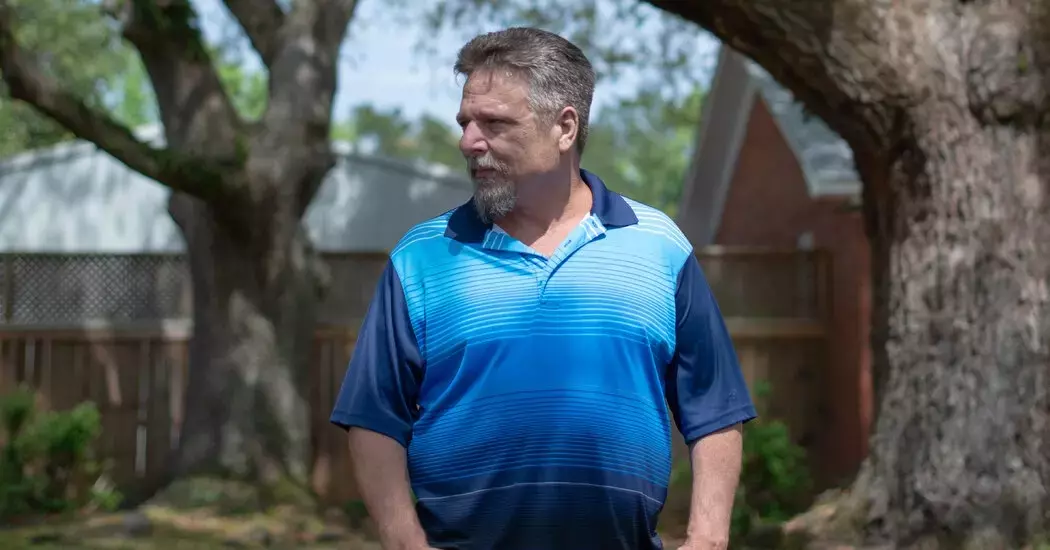
A wrongful-death lawsuit has been filed against Boeing by the family of John Barnett, a former whistle-blower who took his own life last year. The suit claims that Boeing's actions significantly contributed to Mr. Barnett’s severe mental health issues, including depression and anxiety. Having worked at Boeing for over three decades, Mr. Barnett raised concerns about safety and quality, which he alleged led to retaliation from the company. His tragic death highlights ongoing discussions about corporate responsibility and mental health in high-pressure industries.
The Details Surrounding the Lawsuit Against Boeing
In a poignant legal development, the family of John Barnett, once a dedicated employee of Boeing, has taken the airplane manufacturer to court. This significant case unfolded on Wednesday when the lawsuit was officially submitted in federal court located in South Carolina. The complaint asserts that Boeing played a pivotal role in exacerbating Mr. Barnett’s psychological struggles, which spanned years of unbearable depression and panic attacks. Although Boeing did not directly cause his passing, the lawsuit argues that their conduct was undeniably linked to it.
Mr. Barnett served Boeing for more than thirty years, with a substantial portion of this tenure spent as a quality manager. In 2017, he opted for early retirement due to perceived retaliation after voicing serious concerns about safety and quality issues within the company. These issues were notably associated with the production of the 787 Dreamliner at Boeing's facility in North Charleston, South Carolina. Mr. Barnett’s insights into Boeing's manufacturing flaws gained widespread attention through reports in prominent media outlets like The New York Times.
Tragically, during a deposition related to his legal battle against Boeing in March of last year, Mr. Barnett was discovered deceased in his vehicle at a hotel parking lot. A coroner confirmed that he had taken his own life at the age of 62. Boeing issued a statement expressing sorrow over his death while reiterating their previous stance denying his allegations regarding quality and retaliation.
This lawsuit emerges against the backdrop of two major safety crises endured by Boeing in the past decade. First came the devastating crashes of the 737 Max aircraft in Indonesia and Ethiopia in 2018 and 2019, resulting in the loss of 346 lives. These incidents, attributed to faulty flight control software, prompted global regulators to ground the plane for almost two years. Subsequently, another alarming event occurred early last year when a panel detached mid-flight from a 737 Max, renewing doubts about the quality of Boeing planes.
Reflections on Corporate Accountability and Mental Health
From a journalistic perspective, this lawsuit against Boeing serves as a stark reminder of the broader implications of corporate culture on employees' well-being. It prompts us to reconsider how organizations handle whistleblowers and address their concerns responsibly. In an era where mental health awareness is increasingly prioritized, the story of John Barnett underlines the necessity for companies to foster environments where employees feel safe reporting potential dangers without fear of reprisal. As society continues to grapple with these complex issues, cases like this one highlight the urgent need for change in how we view and manage workplace stressors and accountability.
